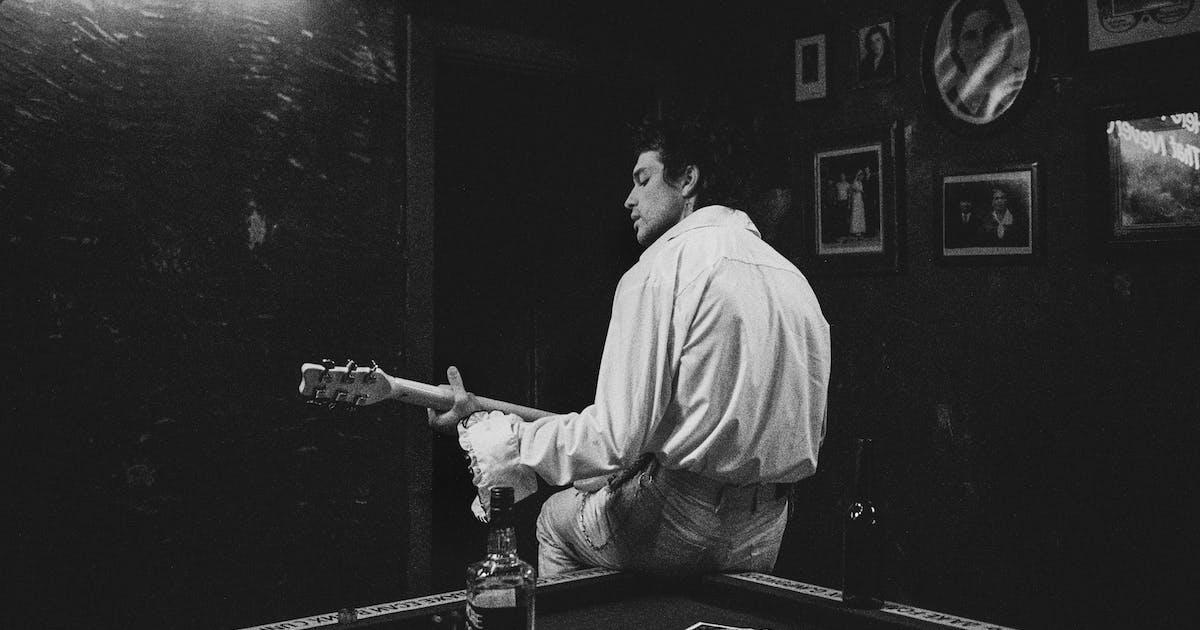How Do Royalties Work in Music? Insider's Guide Revealed!
In the evolving landscape of the music industry, understanding the dynamics of music royalties is crucial for artists, record labels, and anyone involved in the creative process. In this comprehensive guide, we will delve into the intricacies of how royalties work, particularly focusing on the music business. Whether you're a budding artist, a seasoned musician, or simply a music enthusiast, this article aims to demystify the concept of royalties in a professional yet friendly manner.
📌 Viberate for Artists: All your first-party streaming stats without switching tools. With data-driven music website and Spotify playlist pitching.
Understanding Royalties in Business
To grasp the concept of music royalties, it's essential first to understand the broader scope of royalties in business. Royalties in business function when one entity uses another's intellectual property or patent to generate profit, with the owner receiving a percentage of these earnings. This differs from royalty financing, where an investor is paid a royalty for providing immediate funding. Similarly, franchise operators pay royalties to use the established branding and business model of the franchise.
These business royalty payments can either be a flat rate or a percentage, as dictated by the licensing agreement signed by both parties. This agreement outlines the payment details and defines the intellectual property's permissible usage.
Music Rights and Royalties: The Basics
When we transition to the music industry, the concept of royalties takes on a more specialized form. Music royalties are payments made to rights holders, such as songwriters, recording artists, and intermediaries like labels and publishers, for the licensed use of their work. These royalties are contingent on the type of usage and licensing.
Before diving into the different types of music royalties, it's vital to understand music rights. For every song recording, two main copyrights are associated:
- Master Rights: These involve the reproduction and distribution rights of the sound recording, belonging to the recording artist, record label, and/or recording studio.
- Composition Rights: These are based on the lyrics, melodies, and harmonies of a song, belonging to the songwriter and/or the publisher.
The usage of these music rights, depending on the country, generates various types of royalties.
Types of Music Royalties
Music royalties can be broadly categorized into different types:
- Master Recording Royalties: Payments made to recording artists, labels, and producers for streaming, downloads, or physical purchases of their sound recordings.
- Neighboring Rights Royalties: These royalties come from the public performance or broadcasting of sound recordings on platforms like internet or satellite radio, terrestrial radio, TV, and public spaces. They are paid to master recording owners by organizations like SoundExchange.
Other Types of Music Royalties
Apart from the above, there are several other forms of music royalties:
- Public Performance Royalties: Paid by Performing Rights Organizations (PROs) to songwriters and publishers for public broadcasting of their music.
- Mechanical Royalties: Payments to songwriters for the distribution or reproduction of their musical compositions in physical and digital formats.
- Digital Performance Royalties: Charges applied to service providers like Pandora or SiriusXM for streaming music content, paid to artists and rights owners through SoundExchange.
- Synchronization Royalties: Generated when copyrighted music compositions are used in videos, films, TV, or video games, paid to record labels and recording artists.
Managing and Collecting Artists' Royalties
For artists, the management and collection of royalties are vital. This is often done through a white-label distribution service. After a track is streamed and registered, the Digital Service Provider (DSP) provides a sales report to the distributor, who then uploads this data to their platform. The DSP pays the royalties to the distributor, who, after confirming sales, notifies the artist of the royalties generated monthly. The entire process, from stream to the artist receiving payment, can take three to four months.
In conclusion, understanding how do royalties work in the music industry is essential for anyone involved in this creative field. From the basics of music rights to the complexities of collecting royalties, this knowledge empowers artists and industry professionals to navigate the business side of music more effectively. As the industry continues to evolve, staying informed about these mechanisms will be crucial for success and sustainability in the music world.

Premium music analytics, unbeatable price: $19.90/month
11M+ artists, 100M+ songs, 19M+ playlists, 6K+ festivals and 100K+ labels on one platform, built for industry professionals.




